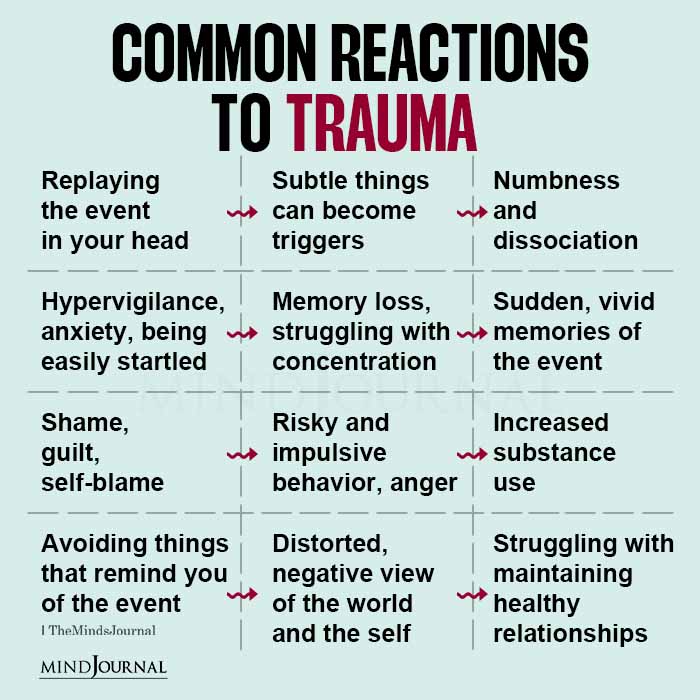Hailey Bieber talks about her mental health and recently shared her struggles with anxiety and post-traumatic stress disorder (PTSD) following a mini-stroke she experienced in March 2022.
In an interview on the podcast “The Run-Through with Vogue,” Bieber opened up about the mental health challenges she faced after the health scare.
As reported by Good Morning America, describing her experience, Bieber explained that she had been having breakfast with her husband, Justin Beiber when she suddenly felt a strange sensation traveling from her shoulder to her arm and fingers, causing numbness. She also had difficulty speaking and noticed the right side of her face drooping.
She was rushed to the hospital, where doctors diagnosed her with a transient ischemic attack (TIA), commonly known as a mini-stroke. Fortunately, her body had resolved the small blood clot in her brain, and she fully recovered within a few hours.
However, the aftermath of the mini-stroke left her grappling with anxiety and PTSD. She admitted to feeling terrified and disoriented by the incident, which led to ongoing struggles with anxiety and the fear of it happening again.
Related: The Haunting Of Our Minds: The 11 Types Of Psychological Ghosts That Live In Your Head
Hailey Bieber Opens Up About Her Mental Health Struggles After Suffering Mini-Stroke
She revealed that returning to the location where it occurred, Palm Springs, California, triggered uneasy feelings due to the vivid memories associated with the incident.
Bieber’s story sheds light on the prevalence of trauma following health scares like mini-strokes. Experts confirm that it is not uncommon for individuals to experience mental health challenges after physically recovering from a traumatic event.

Dr. Rebecca Brendel, a psychiatrist, and president of the American Psychiatric Association, highlighted that PTSD can arise after serious injuries or illnesses, causing individuals to avoid situations or reminders related to the traumatic event. Symptoms of PTSD may include negative thoughts, irritability, sleep disturbances, and depressive feelings.
According to the American Heart Association, up to 25% of stroke survivors may develop PTSD.
Post-Traumatic Stress Disorder is a mental health condition that can develop after a person experiences or witnesses a traumatic event.
It is characterized by a range of symptoms such as flashbacks, nightmares, severe anxiety, and emotional distress. It can significantly impact a person’s daily life and functioning, requiring professional diagnosis and treatment.
People with PTSD may feel stressed or fearful even when they are not in danger. While symptoms typically manifest within three months of the event, they can also appear years later.
To receive a PTSD diagnosis, symptoms must persist for more than one month and significantly impact daily functioning. Treatment approaches for PTSD vary depending on the individual, and there is no one-size-fits-all solution.
Some individuals may find relief through the support of family and friends, while others may require professional mental health treatment.
The American Psychiatric Association emphasizes the importance of early intervention and treatment. They highlight that trauma-related distress is not the individual’s fault and that it is a treatable condition.
Seeking professional help increases the chances of recovery. Treatment options can range from medication and psychotherapy to alternative approaches like yoga, acupuncture, and animal-assisted therapy.
Related: Warning Signs Of Unresolved Trauma: Recognizing The Invisible Scars
By sharing her own experience, Hailey Bieber hopes to raise awareness about mental health and provide support to others who may be going through similar struggles. She encourages open conversations and stresses the importance of seeking help.
Over time, she has seen a lot of improvement in her own mental and emotional well-being and believes that discussing and talking more about her experience can be beneficial to others.
What do you think about Hailey Bieber’s experience with anxiety and trauma? Let us know your thoughts in the comments down below!








Leave a Reply